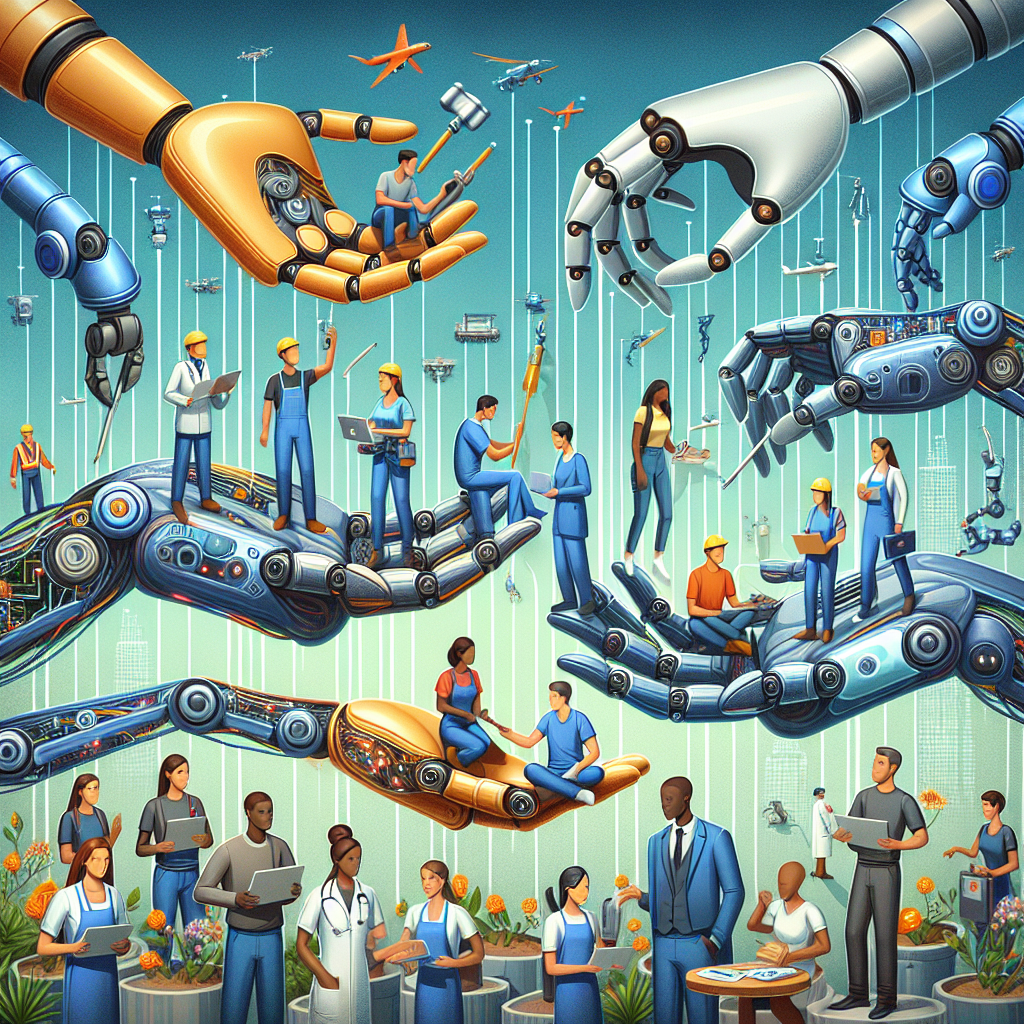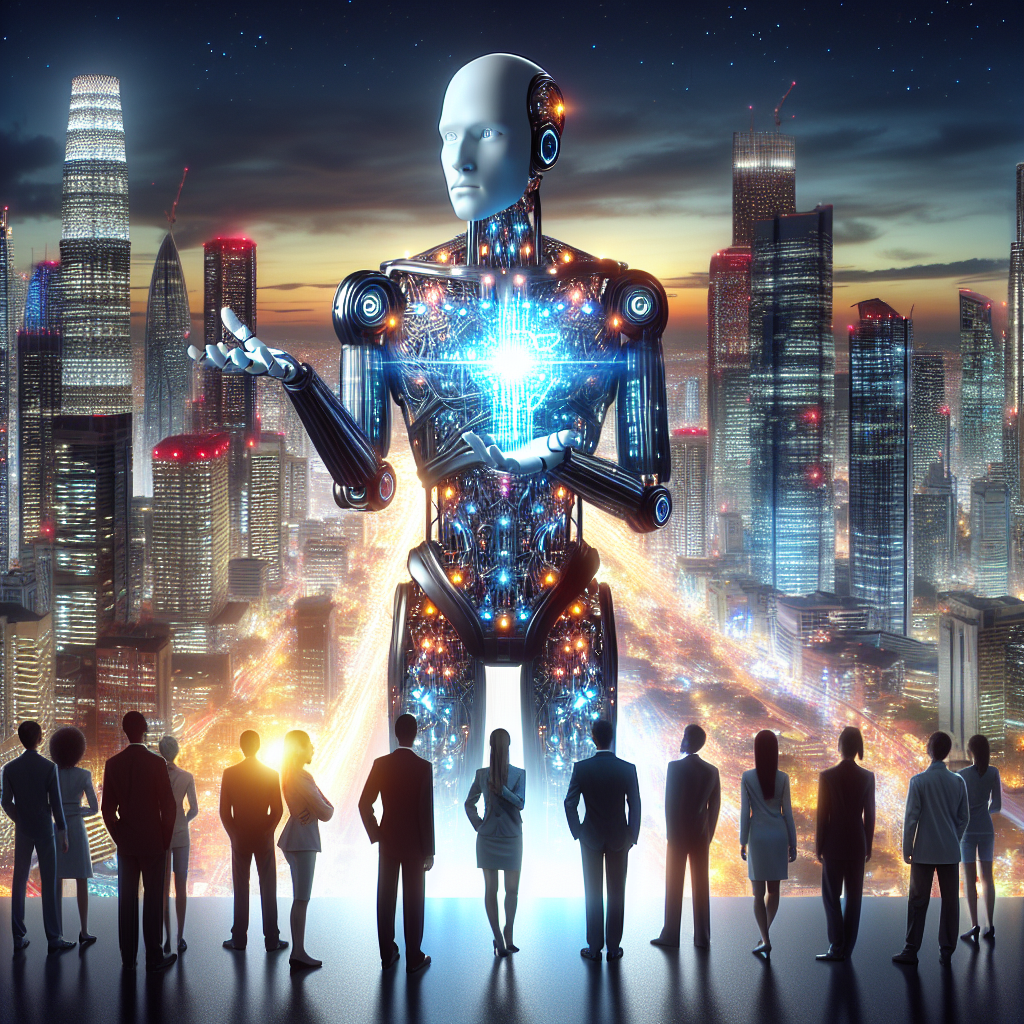In recent years, the landscape of employment has undergone a seismic shift, propelled by rapid advancements in automation technology. As artificial intelligence (AI), robotics, and machine learning continue to evolve, they reshape industries and create new opportunities while rendering some traditional roles obsolete. Amid this transformational wave, a new generation of careers is emerging, suggesting that the future workforce will be markedly different from what we know today. This article explores the rise of automation and highlights the top careers poised to shape the workforce of tomorrow.
Understanding Automation
Automation refers to the use of technology to perform tasks that would typically require human labor. It encompasses a wide range of applications—from manufacturing robots on assembly lines to AI-driven customer service chatbots. The benefits of automation are well-documented: increased efficiency, reduced errors, and significant cost savings for businesses. However, it also brings up challenges, including potential job displacement and the need for workers to adapt to new skills. As companies seek to leverage technology to remain competitive, understanding how to navigate this landscape is crucial for workers and job seekers alike.
The Emergence of New Careers
As certain jobs become redundant due to automation, others are sprouting in their place. Professionals are needed not only to maintain and program automated systems but also to interpret data, manage customer relationships, and innovate new processes. Here are some of the top careers expected to shape the future workforce:
1. Data Analysts and Data Scientists
With the proliferation of data in every sector, the demand for data analysts and data scientists is surging. These professionals use statistical tools and software to gather, analyze, and interpret complex data sets, helping organizations make informed decisions. As businesses increasingly rely on data-driven strategies, the ability to derive actionable insights will become a top priority.
2. AI and Machine Learning Specialists
AI is at the forefront of automation, and specialists in AI and machine learning are among the most sought-after professionals in today’s job market. They develop algorithms that enable machines to perform tasks that typically require human intelligence, such as voice recognition, image analysis, and predictive analytics. The rise of AI will continue to create roles focused on enhancing these technologies.
3. Automation Engineers
As industries invest in automating processes, the need for automation engineers will expand. These engineers design, integrate, and maintain automated systems, ensuring that machinery and software work together seamlessly. With expertise in robotics and control systems, automation engineers will play a critical role in the transition to more efficient operations.
4. Cybersecurity Experts
As automation increases, so do vulnerabilities associated with digital systems. Cybersecurity experts are essential for protecting sensitive data and infrastructure from cyber threats. As businesses adopt automation and connect more devices to the internet, the demand for professionals who can safeguard these systems will only grow.
5. Healthcare Technicians and Specialists
Automation is transforming the healthcare industry through telemedicine, robotic surgeries, and diagnostic AI. As these technologies become mainstream, roles for healthcare technicians who operate and maintain automated systems will expand. Additionally, specialists who can interpret data generated by health tech will be in high demand to ensure quality care.
6. Sustainability and Environmental Specialists
As the world increasingly prioritizes sustainability, professionals who can develop and implement automated systems to enhance energy efficiency and reduce waste will find ample opportunities. Environmental specialists focused on integrating automation in renewable energy sources and green technologies will play a pivotal role in shaping a sustainable future.
7. Vocational Trainers and Educators
As automation changes the nature of work, there will be a growing need for vocational trainers and educators to reskill the workforce. These professionals will focus on equipping workers with the skills needed to thrive in an automated environment. Teaching tech literacy, programming, and other relevant skills will be essential to ensure that workers can navigate the new job market.
Navigating the Future Workforce
While automation poses challenges, it also presents opportunities for innovation and growth. Workers can expect a job landscape that increasingly values adaptability, creativity, and technological proficiency. To succeed, individuals must be proactive in developing new skills, embracing lifelong learning, and being open to career changes.
Employers also have a pivotal role in shaping the future workforce. By investing in training and reskilling programs, organizations can prepare their employees for the challenges posed by automation. Furthermore, creating environments that foster innovation and collaboration will be crucial for adapting to the rapid technological changes expected in the coming years.
Conclusion
The rise of automation is undeniably reshaping the future of work, ushering in a new era of careers that demand advanced technical skills and innovative thinking. While we navigate this evolving landscape, embracing change, preparing for new opportunities, and fostering a culture of continuous learning will be essential for both individuals and organizations. As we adapt to an automated world, the workforce of the future holds promise for those ready to seize it.




